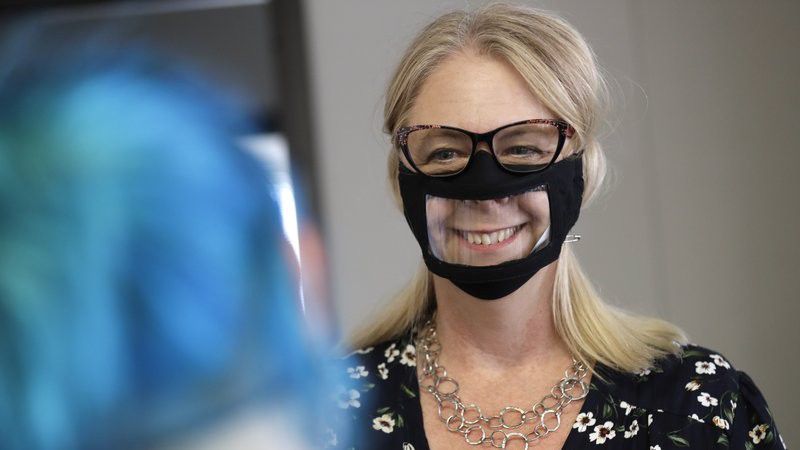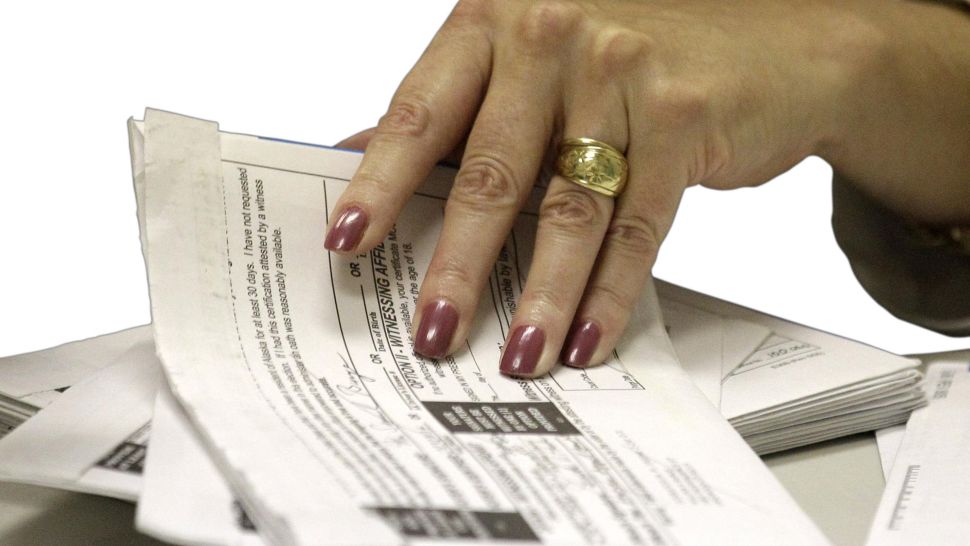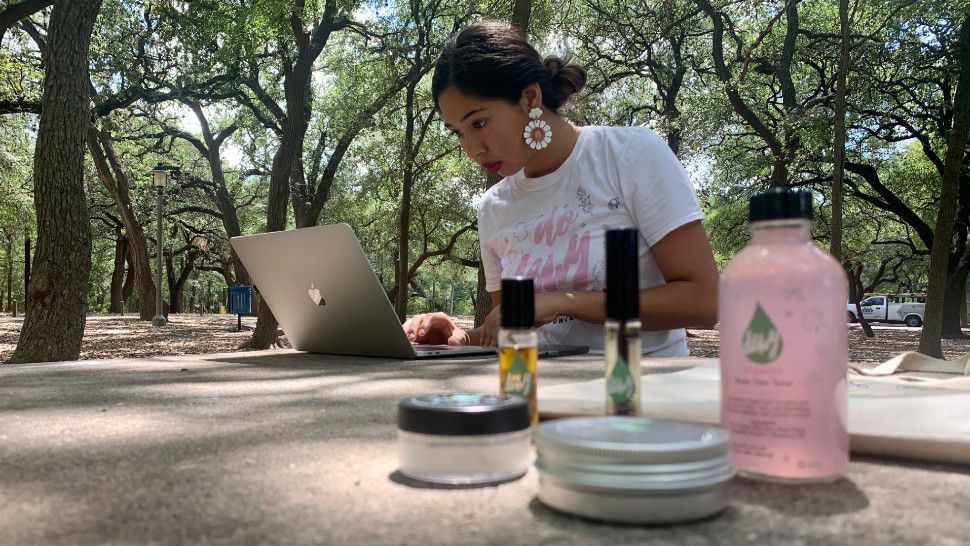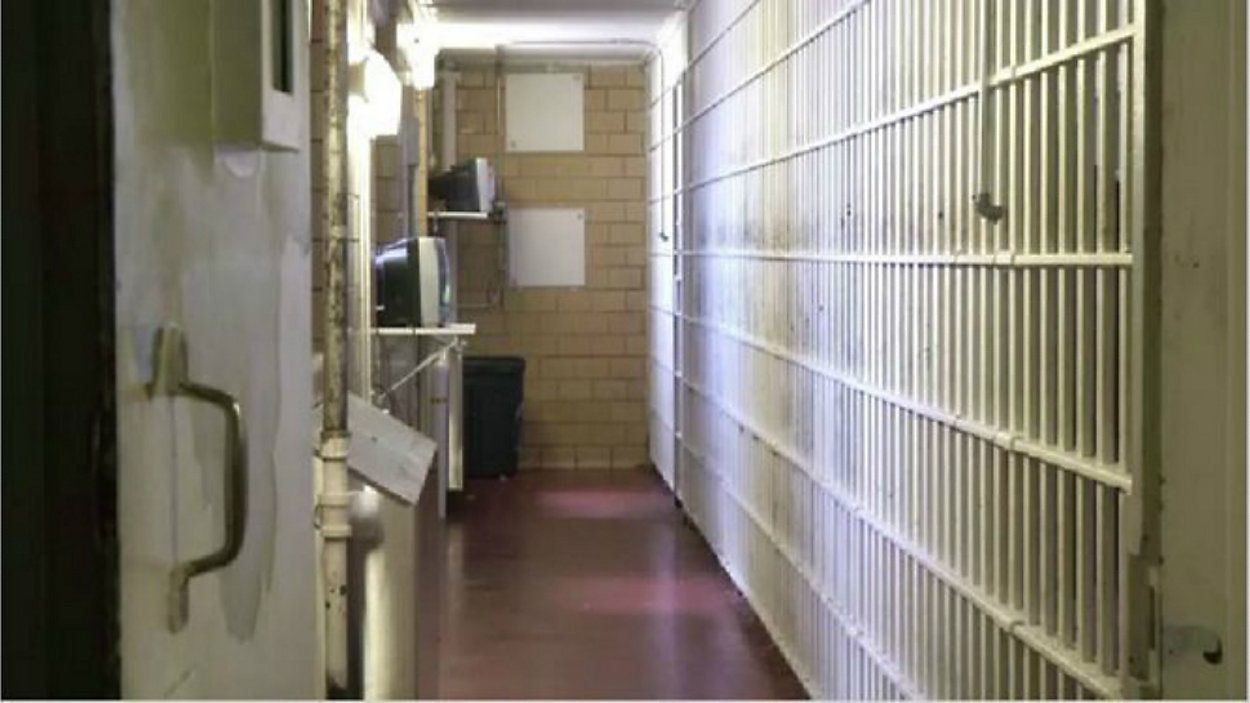PFLUGERVILLE, Texas -- Even with a statewide shutdown among major industries, Naomi Aguilar continues to set up appointments at the dentist office where she works - and that’s what's giving her anxiety.
- Dentists urged to restrict procedures to emergencies
- Workers fear close contact with patients amid COVID-19 pandemic
“Here in the dental world we have 100 percent patient contact. The dental assistants are face to face with every person that walks in that door,” she said.
As an office manager, Aguilar deals mostly in administrative work but because of the close and invasive nature of dental work she still worries about becoming infected.
“You know they’re in their mouth using tools that release aerosols that go in the air, and face masks do not block it out 100 percent,” she said.
Right now, the American Dental Association has recommended offices postpone elective procedures and only work on emergencies.
“An emergency procedure would be someone who has a toothache who is in pain and needs to have an extraction or needs to be put on antibiotics and pain medicine,” Aguilar said.
It’s only a recommendation, meaning owners of dentist offices can still choose to remain open for elective procedures - things like routine checkups.
“Regular teeth cleanings and regular crowns or fillings are not emergency procedures. Those are elective procedures,” Aguilar said.
Some reports show even young, healthy people are getting seriously ill with COVID-19, giving Aguilar even more reason to worry.
“If they were to receive it and pass it to me, I could then go home and pass it to my kids who are at home. My husband had part of his lung removed so I’m worried about him,” she said.
Her hope is that the ADA updates its advisory from a recommendation to a mandate to shut down dental offices except for emergencies.
“Seeing everything going on, seeing cities shutting down - Las Vegas shutting down, everything shutting down - and we’re still doing dental cleanings every day. It’s kind of scary,” she said.
Since the story aired, Aguilar's office has shifted its operations to only take emergency cases.









